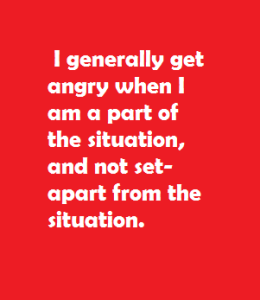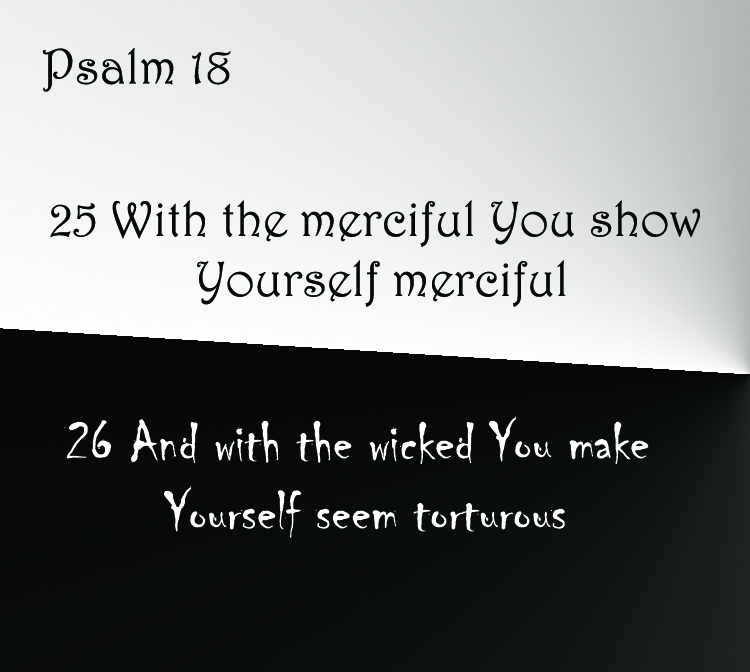There are people in our lives who will not respect boundaries, people who are blatantly harmful and even dangerous to our growth and sometimes our very lives, and sometimes we need to formally recognize the reality of that situation by cutting off ties for a season or forever.
.
There are other people who we simply may not like for a season, people who have challenged us, called us on our behavior, or disagreed with us peacefully, or might be angry because they feel threatened or misunderstood. These people, although they make us uncomfortable, will usually respect boundaries — even when they don’t like those boundaries.
.
Here’s the point — it is unfair of us to reject people who we have not clearly outlined our boundaries to. Now, I am not talking boundaries like “Do not rape, molest, murder, or physically or emotionally abuse me.” I am talking about boundaries like, “I don’t want to talk about this,” or “when you do such and such, it is just not something I can deal with and if you want relationship with me you have to knock it off.”
.
But a lot of us, and I included myself in this category until just this last 6 months, view any sort of challenge, questioning, dislike, or disagreement as tantamount to hatred and abuse. Normal life can be a terrifying prospect for someone with that skewed mindset and until they heal, they are not safe to be in a full relationship with — nor are they even capable of a real relationship. It comes down to being able to cope with criticism and dissent — and there are a whole lot of people who grew up in an atmosphere of unrelenting criticism, and have not learned to receive it as something that can also be good in the proper context. A person who cannot be questioned, corrected, disliked, or disagreed with is not fit to teach or minister YET and they are certainly not representing the character of the Messiah, who is genuinely humble — not just someone who claims to be humble. Someone who is not content to decrease so that Messiah can increase is not faithfully representing Him.
.
We cannot afford to be touchy and still consider ourselves to be effective ministers of the gospel. No matter what we teach information-wise, we teach far more with the character we display when questioned. If we are, or appear to be, anointed in what we are teaching others, we give a false idea about what the character of our King is when we couple it with abusive behavior. We cannot treat those who simply disagree with us as disposable commodities, blocking (the social media equivalent of shunning) them at the slightest provocation, or preaching against them, or inciting contempt against them either by name or anonymously. The block button isn’t there to simply avoid minor conflicts, but to stand in the way of actual, real, boundary crossing abuse. Our walls are not here to incite hatred against our brothers and sisters, or gather allies to ourselves, and our block buttons should not be used to dispose of people who have not truly abused us. At least not if we desire for our actions to be set apart.
.
Being angry at someone is oftentimes about our own garbage — at least in my experience it says more about me than about them. I generally get angry when I am a part of the situation, and not set-apart from the situation.
.
But we have a lot of people who are so wounded that they can’t tell the difference between real abuse and simply feeling threatened, and so they act like their anger and hurt is always justified. I speak from years of experience when I say that they need to step back and submit themselves to God, and become committed to becoming the types of people who are worthy of being over ten cities, or five cities — cities full of people. Yeshua didn’t come to save cities, or ministries, or doctrines — He came to save people. Everything else is secondary to becoming people who can care for people, as a community with everyone’s gifts working together like an orchestra. An orchestra conducted by our King.
.
And He decides who is and is not disposable, at the harvest, and they will be bundled up and burned like chaff. But He won’t do it casually, and He won’t do it based upon a momentary disagreement, a challenge, or even dislike. And He won’t spend a lot of time justifying Himself in front of an audience. Gosh, there are so many things we can learn from how He does things!




















